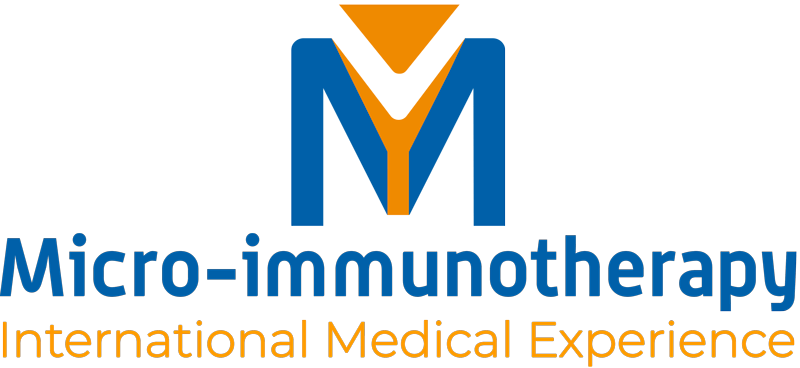Micro-immunotherapy & Geriatrics

When aging, a whole series of cellular and molecular changes occur, which influence the functioning of the immune response; this can lead to the alteration of its quality and/or a higher risk of suffering from different disorders, infections or diseases, such as cancer. At the same time, the aging of the immune system (i.e. immunosenescence) is related to a chronic inflammatory condition (known as inflammaging), which is considered a risk factor for numerous illnesses including type II diabetes and Alzheimer’s.1,2
Furthermore, other factors can affect the defence functions and even accelerate the aging process of the immune system. These include stress, dysbiosis, chronic infections (e.g., by the cytomegalovirus), nutrient deficiencies, lack of exercise or social isolation.
Micro-immunotherapy is a therapeutic approach that aims to suitably restore the immune system and thereby have a positive effect on physical and psychological well-being. It is well tolerated and can be integrated into treatment plans for the following illnesses:
- Joint disorders (e.g., arthritis, rheumatoid arthritis, osteoporosis)
- Neuropsychological disorders (e.g., stress, depression)
- Neurodegenerative diseases (e.g., Alzheimer’s, Parkinson’s)
- Autoimmune diseases
- Relapsing infections
- Cancer (as a complementary treatment)
- Baylis D, Bartlett DB, Patel HP, Roberts HC. Understanding how we age: insights into inflammaging. Longevity & Healthspan. 2013;2:8. d
- Fulop T, Larbi A, Dupuis G, et al. Immunosenescence and Inflamm-Aging As Two Sides of the Same Coin: Friends or Foes? Frontiers in Immunology. 2017;8:1960.
